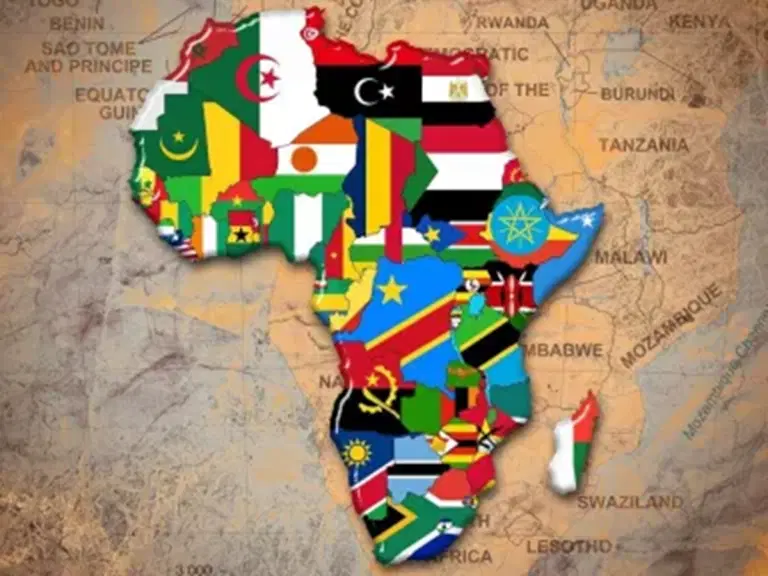Names are an essential part of our identity, especially in African countries, where they often reflect a rich history and culture. Many African nations were once colonized by European powers, resulting in names that symbolize that period. While some countries changed their names after gaining independence to reconnect with their cultural roots, others chose to retain the names from the colonial era. Here are five African countries that kept their colonial names:
Nigeria
The name Nigeria is derived from the Niger River, which flows through the country. Coined on January 8, 1897, by British journalist Flora Shaw, it reflects the colonial influence of the time. Nigeria achieved partial self-governance in 1954 and full independence from the United Kingdom on October 1, 1960, becoming the Federation of Nigeria. Abubakar Tafawa Balewa was the country’s first Prime Minister, while Queen Elizabeth II served as the ceremonial head of state.
Mali
Mali was placed under French colonial rule in 1892. Initially known as Soudan Français (French Sudan), it resisted French control until the region was fully governed by 1905. Mali gained complete internal autonomy in 1958 and later formed the Federation of Mali with Senegal in early 1959. On March 31, 1960, France granted the Federation full independence, and on June 20, 1960, it became the Republic of Mali, with Modibo Keïta as its first president.
Sierra Leone
Sierra Leone’s name originates from the 15th-century Portuguese explorer Pedro de Sintra, who mapped Freetown harbor and referred to it as “Serra Lyoa” (meaning “Lion Mountains”). The country gained independence from British colonial rule on April 27, 1961. In the subsequent elections, the Sierra Leone People’s Party (SLPP) emerged victorious, with the All People’s Congress (APC) becoming the main opposition.
Guinea
Guinea officially gained independence from France on October 2, 1958, following a referendum on the French Fifth Republic’s constitution. The name “Guinea” comes from the Portuguese term “Guiné,” used in the 15th century to describe the lands south of the Senegal River. In 1978, Guinea was officially named the People’s Revolutionary Republic of Guinea, before reverting to the Republic of Guinea in 1984 after the death of its first president, Ahmed Sékou Touré.
Cameroon
Originally named “Rio dos Camarões” (River of Prawns) by Portuguese explorers in the 15th century, the name transformed to “Cameroon” under British and French colonial rule. The region became a German colony known as Kamerun in 1884. After World War I, Cameroon was divided between France and the UK, with France administering four-fifths of the territory. It gained independence from France in 1960 and from the UK in 1961.
These examples highlight how names serve as markers of history and identity, reflecting both the colonial past and the journey toward self-determination for many African nations.

